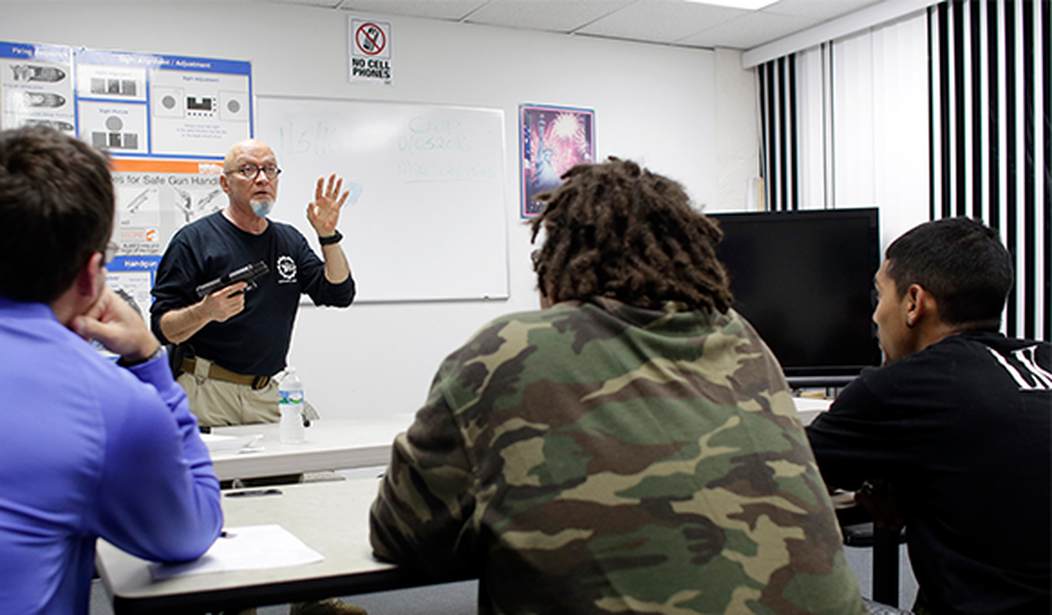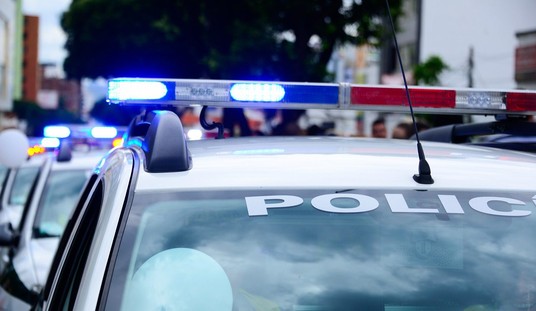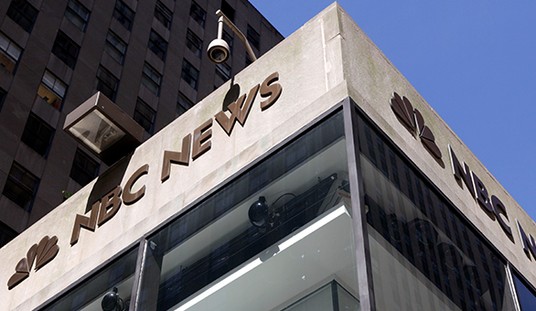As a general rule, if you’re facing criminal charges, the one thing you don’t want is a public defender. While many are dedicated to justice, others are just going through the motions.
However, public defenders are also those who are most likely to see people get steamrolled by unjust laws as well. They’re also in a unique position to see how various laws impact different groups.
That’s led many to stand alongside the NRA in NYSRPA vs. Bruen, which is now being considered by the Supreme Court.
And they’re still beating that drum.
There’s this case in front of the Supreme Court that haunts me a little bit: New York State Rifle & Pistol Association Inc. v. Bruen. It’s about whether it is too hard to get an unrestricted gun license in New York state. The plaintiffs say they should be able to carry their firearms wherever they want, not just to work or the gun range, and it seems like the court is inclined to agree with them, paving the way to looser gun laws. It makes me uneasy, because gun sales have spiked since the pandemic, and Kyle Rittenhouse was just found not guilty after shooting three people in the middle of a public street. But Sharone Mitchell Jr., a public defender in Chicago, sees it differently.
Mitchell is one of a number of public defenders who’ve sided with Second Amendment activists on this case. They argue that restrictive licensing, combined with a police force that is eager to charge Black and brown people with weapons possession, adds up to mass incarceration, and that loosening gun restrictions might right a tremendous wrong. On a recent episode of What Next, I spoke to Mitchell about why he opposes laws criminalizing gun possession, how he thinks about his right-wing allies in this case, and what he believes government should be doing to stop gun violence. Our conversation has been condensed and edited for clarity.
Sharone Mitchell Jr.: I see the people that we’re prosecuting. I think about the young man that I defended who had a gun in his bag that was licensed in another state and he accidentally took it to a bar, and his life was over. That ruined his life. He lost his job, he lost his housing, we had to go to trial. That ruined his life. I think it is understandable to look very early on at this approach and say, of course we should give people felonies for not possessing guns in the correct way. But when you really look at the results and you look at what’s actually happening on the ground, it’s tough to hold that same thought.
Mary Harris: What would have happened to him if he was white and somewhere rural in Illinois?
“Put your gun back in your car. Come back.”
That’s it.
Yeah. That’s it. We ended up winning the jury trial, but he still went to jail. The jury looked at this and said this was a mistake, I don’t think this is felonious conduct.
Now, I’m not necessarily sure that’s what would have happened but not knowing the people at the bar in question, I can’t say for certain.
However, if we’re going to determine a law is racist simple because it disproportionately impacts a certain ethnic group–and I’m not sure we can, but those who push gun control often claim otherwise–then gun control laws have to be considered inherently racist. As Mitchell notes, many of those impacted are minorities, particularly black and Hispanic young men.
And I won’t sit here and tell you that race never plays a factor, either. I honestly can’t.
I won’t claim it’s always race, either, of course, because nothing is ever that simple.
What I can say, though, is that if we look at the results of gun control laws, we’ll find that most of the people charged with violating those laws aren’t white, middle-class guys with a wife, two kids, and a 401K.
If a group is being disproportionately impacted by a law, we should at least ask the question of why that is. When it’s a case of a law that runs contrary to a constitutional amendment, then any answers have to be really damn good.
In truth, what we see and hear simply isn’t enough to justify the legal impact of such an infringement on our rights.
When the mostly liberal public defenders agree with Second Amendment advocates like me and Cam, then maybe it’s time to take a step back and think about why you support that law.








Join the conversation as a VIP Member